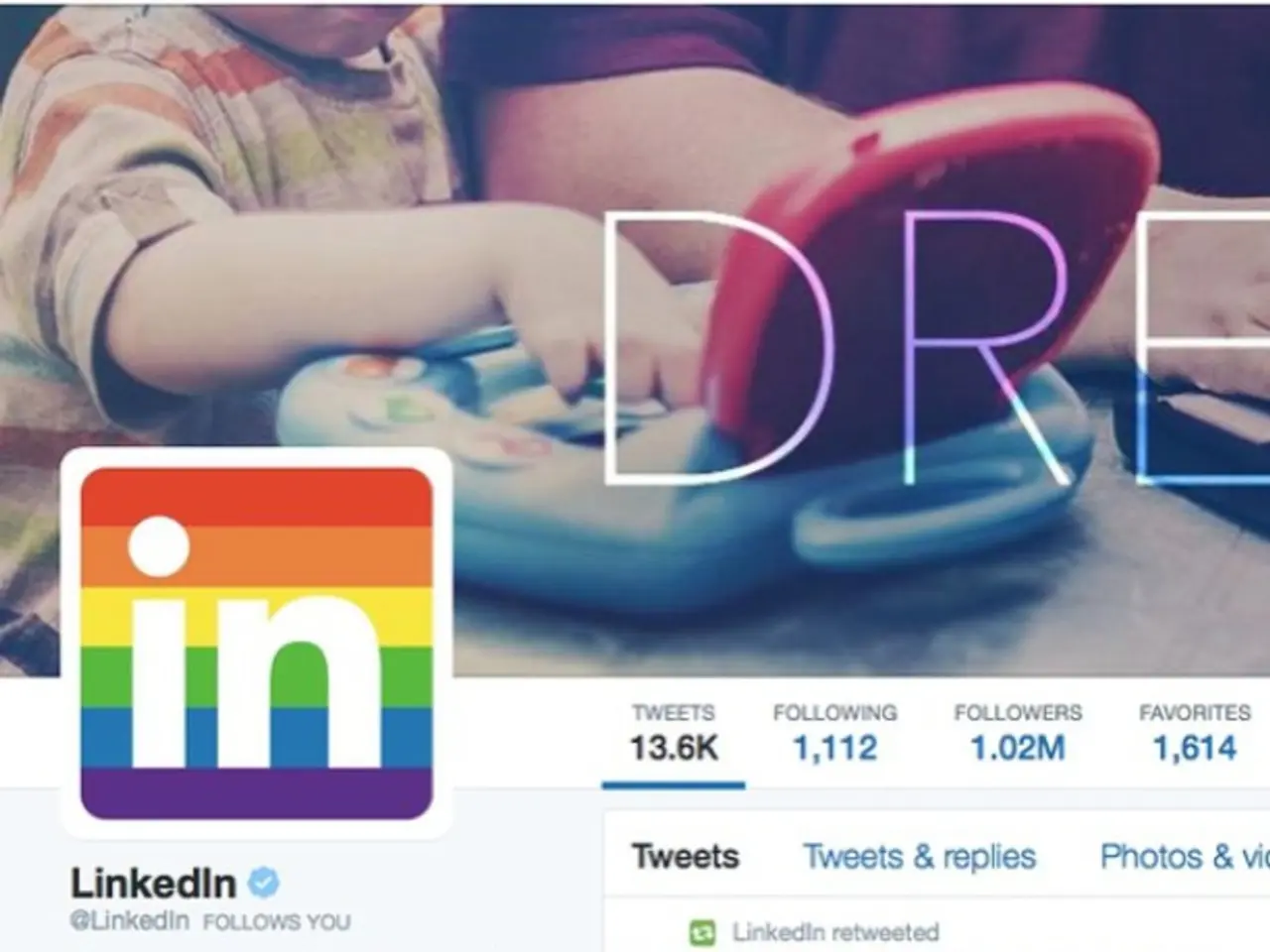Starlink's Potential Initial Public Offering (IPO) in Relation to SpaceX: Insights for Investors.
SpaceX, the most valuable private technology company in the world with a valuation of $350 billion, is considering taking its subsidiary Starlink public through an Initial Public Offering (IPO). This potential move would provide a unique investment opportunity for retail investors to directly enter the space-based internet infrastructure market.
Benefits for SpaceX
For SpaceX, a benefit of such a transaction is the potential to raise substantial funds from the public markets to support capital-intensive satellite deployment and network expansion. This infusion of capital would not dilute SpaceX's control over its core operations, as it would maintain majority ownership of Starlink.
The IPO would also unlock value for SpaceX shareholders by separately valuing Starlink's business, which is forecasted to generate around $30 billion in revenue by 2025.
Challenges for SpaceX
The challenges for SpaceX include structuring the IPO to balance funding needs with governance control, navigating regulatory and market conditions, and managing investor expectations given Starlink's highly capital-intensive and competitive industry. A spin-off or tracking stock structure requires careful legal, financial, and operational planning to maintain alignment with SpaceX’s broader strategic goals and integration with its space launch business.
Impact for Retail Investors
Buying into a standalone Starlink IPO offers more focused investment risk and potentially higher reward tied directly to the satellite internet market and Starlink’s rapid growth. Unlike investing in SpaceX stock, which bundles exposure with its other aerospace ventures, retail investors could gain pre-IPO access and priority shares for being Starlink customers.
However, investing in a diversified business like SpaceX can sometimes be complex, and retail investors may not fully understand the mechanics of investing in such a company.
A Closer Look at the Potential IPO
If SpaceX decides to create a tracking stock for the Starlink division, investors would have the option to buy shares that only track the performance of Starlink, not the entire SpaceX operation. This would allow investors to focus on Starlink's satellite internet services, which is the largest source of revenue within the entire SpaceX business, with the majority coming from recurring subscription services.
The exact profitability profile of Starlink is not entirely known, as the high costs of building and launching satellites could influence its profitability. However, some argue that its internet subscriptions help offset satellite maintenance costs.
In summary, a potential IPO for SpaceX's subsidiary Starlink would provide SpaceX with a significant capital infusion while enabling it to retain control over Starlink's ownership and governance. For retail investors, this offers a rare opportunity to invest directly in the high-growth satellite internet business, with the potential for substantial returns but also higher risk.
However, as of mid-2025, the precise timing remains uncertain, with some skepticism about a 2025 launch despite ongoing IPO preparations.
References
- SpaceX's Starlink IPO: What Retail Investors Need to Know
- SpaceX's Starlink IPO: What it means for investors
- SpaceX's Starlink IPO: What you need to know
- SpaceX's Starlink IPO: What it means for retail investors
- SpaceX's Starlink IPO: Will it happen in 2025?
For SpaceX, an advantage of the potential IPO lies in the ability to gather significant funds from public markets, which can fund capital-intensive satellite deployment and network expansion without diluting its control over Starlink (investing, finance, money, space-and-astronomy).
The IPO may present a variety of challenges for SpaceX, such as balancing funding needs with governance control, navigating regulatory conditions, and managing investor expectations in an industry known for its high capital intensity and competition (finance, space-and-astronomy, challenge).
Retail investors would benefit from the IPO by having a more focused investment opportunity in the satellite internet market with potentially higher rewards, as well as potential pre-IPO access and priority shares for being Starlink customers (investing, retail investor, space-and-astronomy).
Investors considering the Starlink IPO may need to be aware of the high costs associated with building and launching satellites, as these costs could influence the overall profitability of the business, although some argue that revenue from satellite internet subscriptions can help offset satellite maintenance costs (finance, technology, space-and-astronomy).




